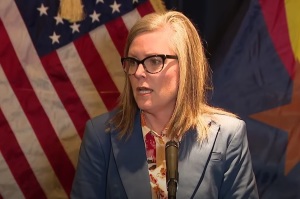Cancer Cure News 2017: FDA Panel Unanimously Endorses Breakthrough Gene Therapy Treatment
Cancer treatment research got one step closer to achieving a complete cure on Wednesday, July 12, as a United States Food and Drug Administration panel unanimously endorses a gene-altering treatment against cancer for approval.
The panel gave their avid support for the FDA approval of the new treatment, called tisagenlecleucel (CTL019), which has been tested successfully on B-cell acute lymphoblastic leukemia, according to Reuters.
With this show of overwhelming approval from the agency's Oncologic Drugs Advisory Committee, the new treatment could be on its way to an FDA approval by the end of September.
The group of advisers has deemed the pioneering therapy a promising cure of one of the most common types of childhood cancers in the U.S., even as the treatment could have dangerous side effects, according to the Washington Post.
The new regimen designed by Novartis would be the first gene therapy approved in the country if it passes FDA scrutiny. So far, the pharmaceutical company is asking for approval to treat patients aged 3 to 25 years old whose leukemia has stopped responding to conventional treatments.
While this group is a tiny fraction of cancer patients in the U.S., at just about 600 recorded cases in the country, this first step could lead to more widespread approval covering several other cancer types, including non-Hodgkin lymphoma, multiple myeloma, or even solid tumor cancer manifestations.
The treatment is based on new progress on the Chimeric Antigen Receptor T-Cell (CAR-T) therapy. The procedure designed by Novartis extracts T cells from the blood of a patient. These cells are then genetically modified to target cancer cells, grown into a sizable batch, and infused back into the patient.
Novartis estimates that the procedure, from extraction to reinfusion, would take 22 days. After infusion, the T-cells multiply further in the patient's body, wherein they aggressively hunt for the CD19 protein, which is believed to be an indicator of white blood cells for leukemia and lymphoma cancers.
Earlier tests show 83 percent of patients in the trials had their cancer go into remission.




























